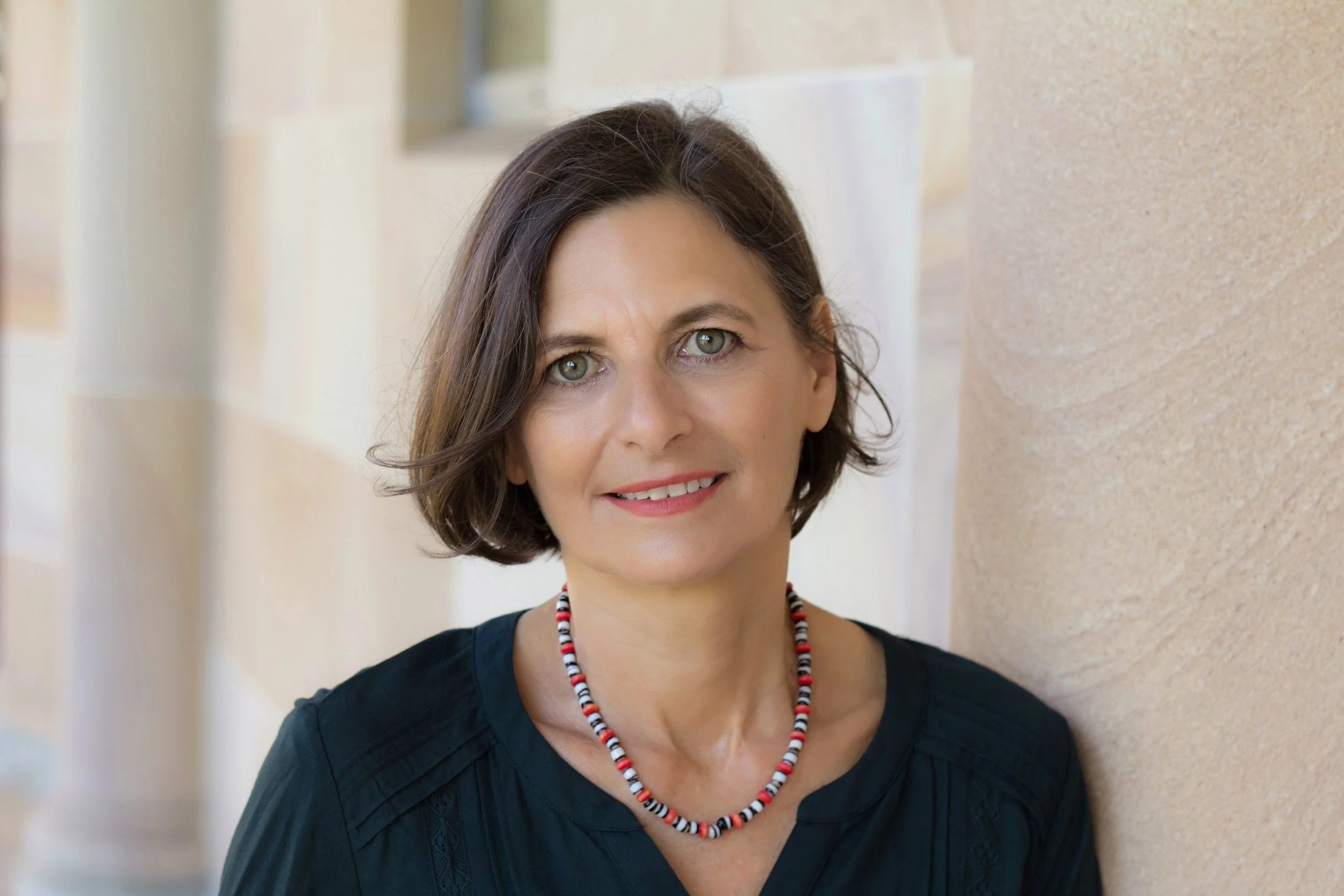Vale Dr Jo Durham.
Jo Durham was my lecturer, advisor, and friend. Recently, Jo passed away unexpectedly.
I still remember my first class with her – Health and Development. It felt like coming home, like I’d finally found my place in the world. Jo brought learning to life with her passion, enthusiasm, and authenticity. She made big ideas feel personal and real.
Jo introduced me to Hans Rosling and Amartya Sen. Rosling’s presentations and data visualisations stood out for making complex science accessible – a reminder that how we communicate our science is just as important as doing the science. Amartya Sen’s capability approach made my heart sing – it shaped how I view success and wealth.
“Poverty is not just a lack of money; it is not having the capability to realise one’s full potential as a human being.”
True wealth, to me, is living our full potential as human beings. It’s found in our relationships, the legacy we leave behind, and our responsibility to make the world a better place for future generations. Jo lived this. She left the world a better place. From her years in humanitarian mine action to participatory action research with the Brisbane Pasifika community, to her work with horses and children with disabilities – Jo realised her potential.
Over the years, she offered wisdom, guidance, and laughter. She challenged me, supported me, and helped shape the path I walk today. Jo’s deep expertise and commitment to humanitarian mine action opened my eyes to work that is grounded in justice, equity, and care for communities affected by conflict. Her mentorship inspired the direction of my own research and career in global health.
In recent years, we didn’t see each other as often – life sometimes leads us on different paths – but I always felt her impact, and I missed her presence. I guess I thought there would be more time…
Jo was more than a lecturer. She was a force of compassion and wisdom, a voice for those who are too often unheard, and a tireless advocate for health equity. She brought that same spirit to the classroom. Jo wasn’t just teaching concepts - she was teaching care, resilience, and the courage to question, to act, and to make a difference. Her lessons weren’t confined to textbooks or lecture slides. They were alive in stories, in challenging discussions, and in deep interactions with the communities she served.
After Jo passed, I helped sort through her office. As I walked into the room, her research manifesto caught my eye – it sums Jo up as researcher and it now hangs in my office. There’s a particular line that stands out - ‘not everything that counts gets counted, and not everything that gets counted counts’.
Jo’s Research Manifesto
An ethic of care.
Relationships and trust matter.
Our research team values working together, listening, and we care about how questions are generated, and by whom.
We want to disrupt the self-seeking habitus of academic life and challenge oppression in all its forms.
We give time to dialogue, to thinking, to inquiry.
Not everything that counts gets counted, and not everything that gets counted counts.
We value collective, caring, relational, emotional encounters.
We argue for deeper interaction with the people we serve, with the questions posed, and the answers generated.
We remember good enough is OK.
We believe in humanising the research space.
We value working collectively – we are stronger together.
Doing slow research as fast as we can.
Thank you, Jo. For your brilliance, your generosity, and your unwavering commitment to making the world a better place. You are missed, and you are remembered.
Rest in peace, Jo.
